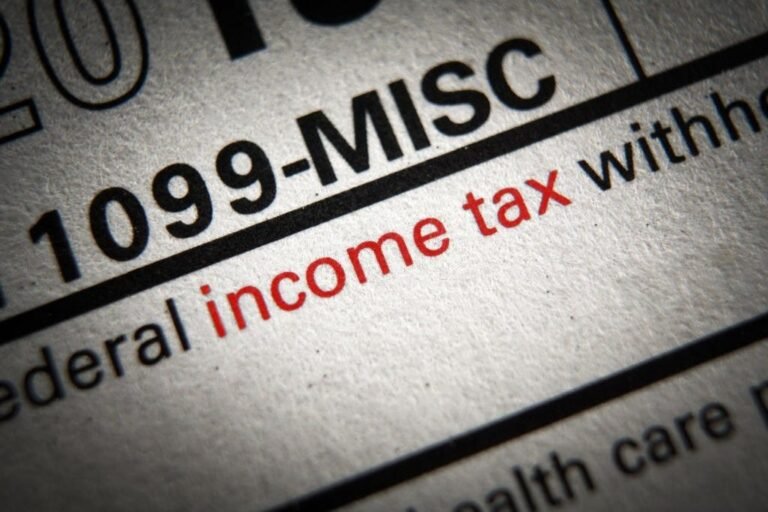Questions About Accounting

Questions to Ask About Accounting for Your Business
Account plays a crucial role in the success of any business, helping you manage finances, comply with regulations, and make informed decisions. However, not all accountants are the same, and asking the right questions about accounting can help you find a professional who suits your business needs. Here’s a guide to the most important questions to ask and why they matter.
1.What Records Are Essential for My Business Accounting?
Accurate record-keeping is the foundation of sound account. To maintain compliance and track your finances, ask your accountant which records are vital. Common examples include:
- Invoices and receipts
- Bank and credit card statements
- Payroll documents
- Tax forms (e.g., W-2s and 1099s)
- Business expense records
Additionally, ask if they recommend a software to streamline the process. Having an organized system in place simplifies tax preparation and financial analysis.
2.Are There New Accounting Rules or Tax Laws I Should Know About?
These are frequently change, and these updates can impact your business significantly. A knowledgeable accountant stays informed about current developments and ensures compliance with updated rules.
Ask how they stay current on laws and how these changes might affect your tax filings, deductions, or financial strategies. This proactive approach can save you time, money, and potential legal trouble.
3.What Expenses Are Deductible for My Business?
Understanding deductible expenses is one of the most common questions about accounting. Ask your accountant to explain which business expenses qualify for deductions, such as:
- Office supplies and equipment
- Travel and transportation
- Employee salaries and benefits
- Marketing and advertising costs
Your accountant can also help you track and document these expenses properly to maximize tax savings while avoiding audit risks.
4.What Accounting Method Should I Use?
Businesses typically choose between cash and accrual methods. Your accountant can help you determine the best fit based on your business size, industry, and goals.
- Cash Basis Accounting: Records income and expenses when money changes hands.
- Accrual Accounting: Records income and expenses when they are incurred, regardless of payment timing.
Choosing the right method ensures your financial statements reflect an accurate picture of your business performance.
5.How Can I Prepare for Tax Season Throughout the Year?
Tax season doesn’t have to be overwhelming if you prepare in advance. Ask your accountant how to organize your finances, track deductions, and meet deadlines efficiently.
A good accountant will work with you year-round to monitor your financial health and ensure you’re ready to file accurate tax returns. They might also offer advice on quarterly tax payments or strategies to minimize liability.
6.What Business Structure Is Best for My Accounting Needs?
Your business structure—whether sole proprietorship, LLC, partnership, or corporation—affects your accounting requirements and tax obligations. Ask your accountant which structure aligns with your business goals and financial situation.
For instance, transitioning from a sole proprietorship to an LLC might offer liability protection, while S-corp status could reduce self-employment taxes.
7.How Can You Help Me Improve My Financial Health?
Accounting isn’t just about compliance; it’s also a tool for growth. Ask your accountant how they can help you:
- Analyze cash flow
- Reduce unnecessary expenses
- Set profitability goals
- Prepare for future investments
This guidance can give you a clear path to improving your business’s overall financial health and achieving long-term success.
Conclusion:
Asking thoughtful questions about accountant ensures you find an expert who can support your business effectively. From understanding record-keeping to navigating tax laws and planning for growth, the right accountant can help you make better decisions and optimize your financial outcomes.
Don’t hesitate to schedule a consultation and use these questions as a starting point to build a strong, productive relationship with your accountant.






